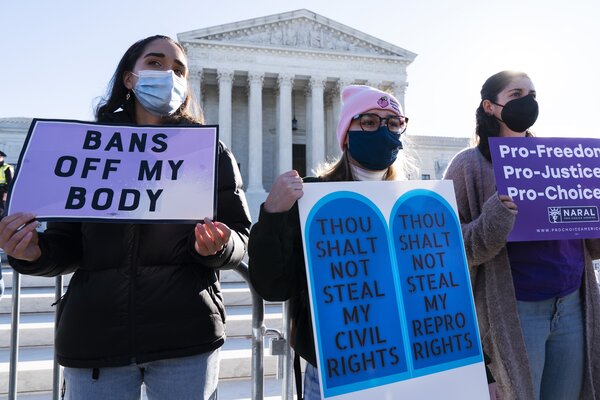January 30, 2014
Jamid Muhtorov was indicted in January 2012 for allegedly making plans to travel overseas and fight on behalf of the Islamic Jihad Union (IJU), a designated foreign terrorist organization. In October, he became the first defendant to be informed that the case against him was built on information obtained via warrantless surveillance under the FISA Amendments Act. Now, he’s challenging the constitutionality of that surveillance.
It’s a significant development. For years, the government has successfully ducked judicial review of the program outside of the secretive Foreign Intelligence Surveillance Act Court by arguing that the people filing lawsuits couldn’t prove that they had been spied on. But with the notification to Muhtorov, that strategy won’t work any more, making his case an almost unavoidable test of the constitutional merits of warrantless wiretapping.
Last year, the Supreme Court dismissed an earlier challenge to the FAA brought by the American Civil Liberties Union on behalf of a coalition of human rights, media and legal organizations. In its opinion, the high court agreed with the government that the groups couldn’t sue because they had no proof that they were subject to the surveillance they alleged. But a crucial part of the ruling was the government’s claim that there was someone else who would be able to challenge the law’s constitutionality: criminal defendants. The Justice Department said that if it ever used data collected using FISA in a criminal prosecution, it would alert the defendants of this fact, allowing them to raise constitutional concerns.
There was just one problem: The government wasn’t actually telling defendants that they had been subject to warrantless surveillance. In fact, the ACLU’s Patrick C. Toomey notes that at the time last year’s case was argued before the high court, “no criminal defendant had ever received notice of FAA surveillance in the five years since the FAA had been enacted.”
Eventually, the Justice Department decided that keeping the information from defendants any longer “could not be justified legally,” and Muhtorov and another defendant who had been convicted received notification about how the FAA was used in developing the cases against them. And now, Muhtorov’s lawyers and the ACLU have filed a motion for suppression of evidence, making a constitutional case against the law:
The FAA violates the Fourth Amendment because it authorizes surveillance that violates the warrant clause and, independently, because it authorizes surveillance that is unreasonable. The statute also violates Article III by requiring judges to issue advisory opinions in the absence of a case or controversy. The procedural deficiencies of the FAA render the statute unconstitutional, and they render the surveillance of Mr. Muhtorov unconstitutional as well.
Washington Post: http://www.washingtonpost.com/






